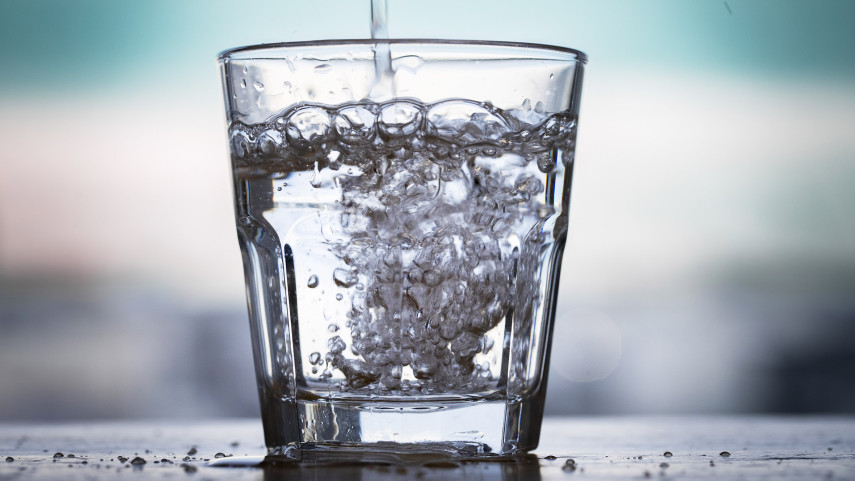
Taumata Arowai declines chlorine exemption for Christchurch water supply

Share this story
Government water regulator Taumata Arowai has confirmed that it will decline Christchurch City Council’s applications for chlorine exemptions.
The applications were for a Brooklands-Kainga residual disinfection exemption, and a continuous monitoring and chlorine contact time exemption for Christchurch treatment plants and pump stations.
The Council intended to apply for exemptions from residual disinfection (chlorination) on a zone-by-zone basis and started this process in October 2022 with an application for Brooklands-Kainga.
This water zone had been identified as having the best chance of getting an exemption.
The key factors that underpinned the exemption being declined included the lack of bacterial treatment barrier, and an inadequate backflow prevention programme.
Taumata Arowai also declined Council’s application for an exemption from two rules about how chlorination is done for the Christchurch City supply. One of the rules requires continuous monitoring equipment to monitor chlorine levels at the pump stations and the other is about ensuring there’s enough chlorine ‘contact time’ in the water supply to kill micro-organisms before the water is provided to consumers.
Taumata Arowai had provided the Council with draft versions of the decisions in May, which indicated both applications would be declined. The Council then provided feedback on the draft decisions.
Taumata Arowai’s final announcement includes consideration of that feedback.
Taumata Arowai Chief Executive Allan Prangnell briefed Councillors on the regulator’s decisions and indicated the regulator’s willingness to get alongside the Council and explore solutions.
“Our exemptions process is new and the Council was one of the first to make an application.”
“The requirement for chlorine contact time is because some micro-organisms take time to kill. We suggested working together to get high quality research done into the aquifers that supply Christchurch’s drinking water to find out if these micro-organisms are in those deep, secure aquifers.”
“We know Christchurch’s drinking water supply has characteristics that make it unlike other supplies, and the research would be of immense value and hopefully a way to resolve the issue.”
Taumata Arowai also committed to working with the Council to improve the prospects for an exemption for Brooklands-Kainga if there was a desire to pursue that further.
Head of Three Waters Brent Smith said the confirmation of the final decisions was disappointing but expected.
“With this final decision, we’re in a better position to understand what would need to occur to be successful in any future applications,” Mr Smith said.
Mr Smith said given the complexities of the supply and the amount of capital investment required for Christchurch city it will be a challenge to ever be successful in a residual disinfection exemption.
“Smaller, less complex supplies such as Brooklands/Kainga or Birdlings Flat are more likely to be successful if we can adequately manage all the risks.”
The Council will prioritise the installation of continuous monitoring equipment and the replacement of the existing temporary chlorination system.
